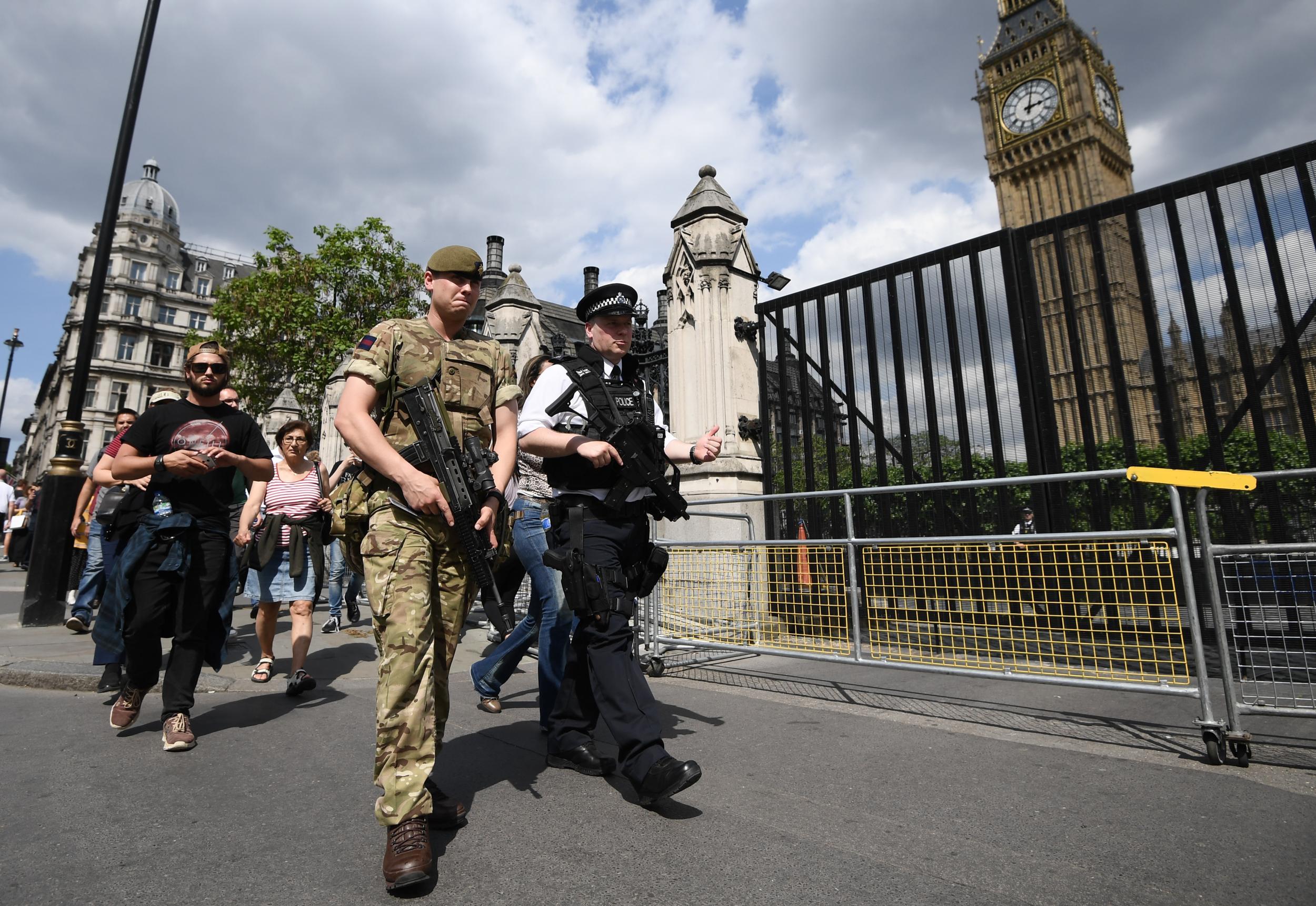There's a reason why so many terrorists like Salman Abedi have had dealings with British intelligence before
When you live in a liberal democracy, even when you're MI5 and you've identified someone as a potential threat, you can't detain them when they've done nothing. Instead, intelligence services have found other ways to become involved in the lives of individuals who are of interest to them – with mixed results


The full extent of the security services' knowledge of Manchester bomber Salman Abedi may never be known. But it seems clear that MI5 and counterterrorism police were first made aware of his extremist thinking five years ago when classmates warned of his support for suicide attacks.
Politicians have rightly begun to ask why a known Islamist extremist, if not a terror suspect, wasn't stopped before he carried his bomb into the Manchester Arena on Monday night.
When MI5 comes to review its intelligence on Abedi, their officers will have to recognise they have been here before.
Before all the major terror attacks committed in the UK since, and including, the 7/7 London bombings, the security services had knowledge of, or even dealings with, at least one of the suspects.
Indeed a parliamentary inquiry revealed that MI5 had missed vital clues which could have identified two of the 7/7 bombers before they set off for London to carry out suicide attacks on three tube trains and a bus.

Mohammad Sidique Khan, from Leeds, and fellow 7/7 bomber Shehzad Tanweer, from Bradford, were defined as "desirable" targets by MI5 after they were overheard discussing fraud and travel to Pakistan.
But resources were so stretched that officers could not even assess whether such "desirable" targets should be examined more closely unless they were known to be actively plotting an attack.
Eight years later, it emerged that the two London men who murdered Lee Rigby in 2013 were also both known to the security services. One of them, Michael Adebolajo, was a subject of interest in two counterterrorism operations.
MI5, MI6 and GCHQ were all criticised for failures in the handling of the Adebolajo intelligence but a report cleared the security services of errors or omissions that might have prevented the Woolwich attack.
MI5 is currently reviewing questions over its investigation of the Westminster attacker Khalid Masood who was once named in an investigation into violent extremism. And we may never know how much MI5 intelligence related to him.
All this shows is that the reality of living in a liberal democracy means we must accept that the security services can only investigate terrorism with the consent of the British public.
MI5 and the police don't have the powers or resources of a police state to lock up every individual who falls under the terror or extremist spotlight.
Instead they have found other ways to become involved in the lives of individuals who are of interest to them. In cases like Michael Adebolajo and Isis executioner Mohammed Emwazi, also known as Jihadi John, this meant direct approaches to gather intelligence or recruit them as informants. When this failed, the security services disrupted their lives by stopping them from travelling and questioning their friends and families.
Thousands of Muslim men and women will have been targeted in this way with varying and sometimes unexpected results. In the cases of Adebolajo and Emwazi, these approaches hardened the men's hostility to the security services and may have even hastened them on the road to radicalisation.
There is a little-known group of psychologists who work closely with MI5, whose job it is to identify those suspects who might be committed to acts of terrorism. The Behavioural Science Unit searches for signs of behaviour in an individual that might indicate they are considering or preparing a terrorist attack. They also look for traits of radicalisation and try to distinguish between genuinely held grievances and violent extremism.
It has been reported that Abedi was identified by his mosque as someone who may have been on a path to radicalisation. By the time the security services reached him, it may have been too late to stop him.
There are more than 3,000 people living in the UK who the security services have concerns about. Of these, roughly 300 are of priority interest and these priorities change every day.
It is impossible for MI5 and counte-terrorism police units to keep a watch on all 3,000.
And even if resources were available, there is no guarantee that another bomber wouldn't get through.
Recent history has shown that MI5 and undercover police officers who make contact with suspects do have an impact on their lives. But only the benefit of hindsight will show whether such contact was of inconsequential interest or a vital, missed opportunity. And that is a price we pay for living in a democracy and not a Stalinist state – or even, dare I say it, an Islamist caliphate.
Join our commenting forum
Join thought-provoking conversations, follow other Independent readers and see their replies
Comments
Bookmark popover
Removed from bookmarks